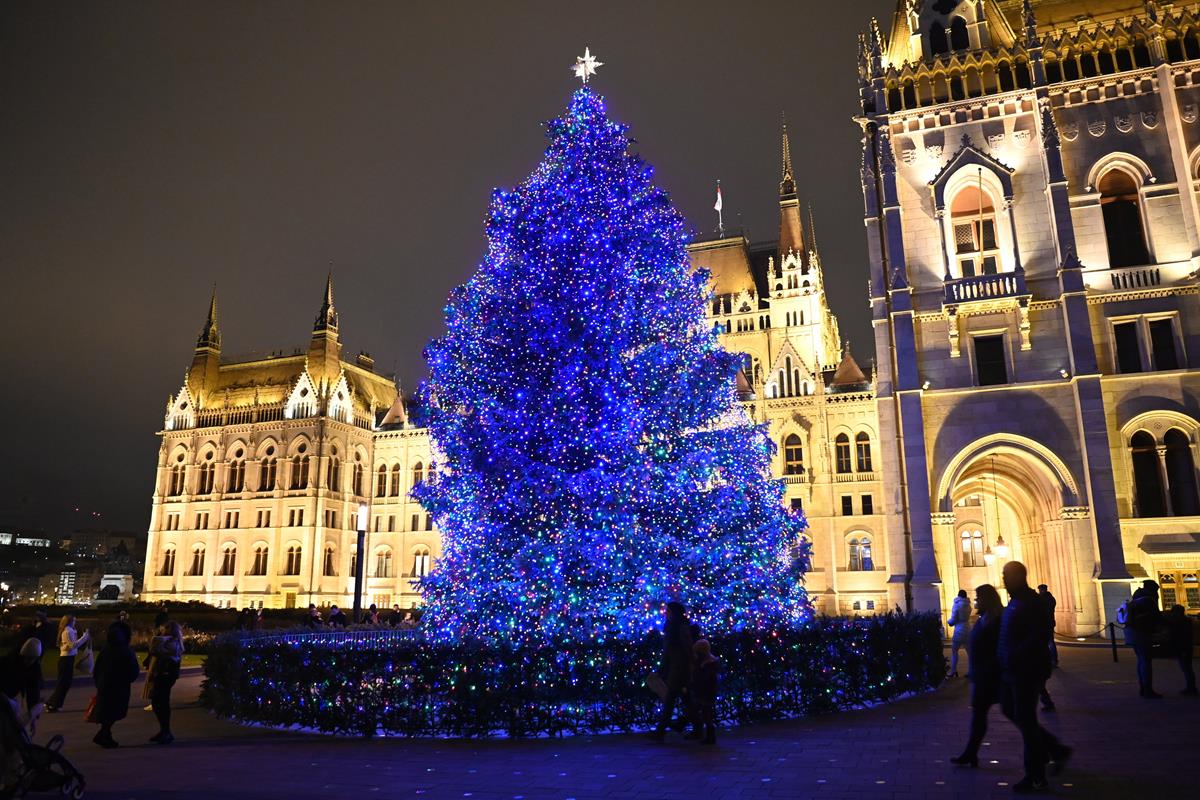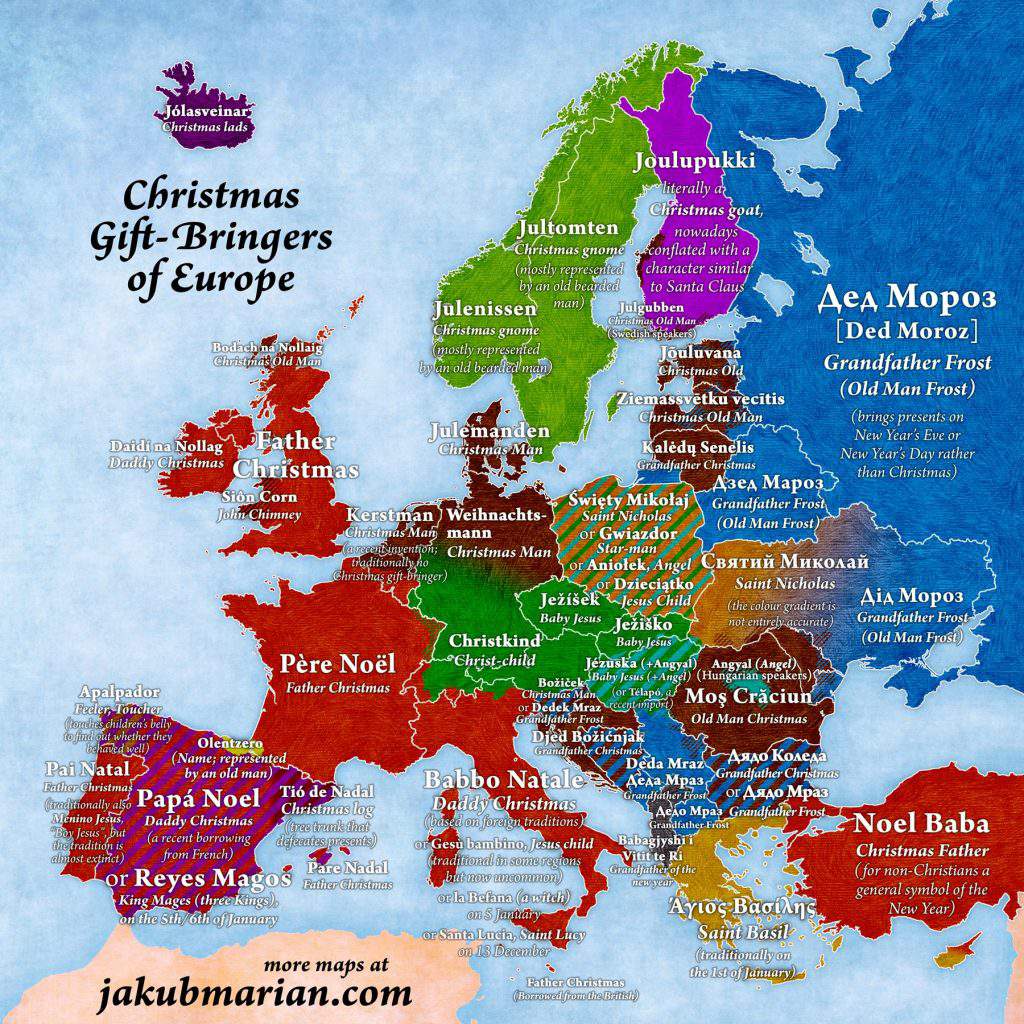How do Hungarians celebrate Christmas?

Christmas is one of the greatest festivities in Hungary. Both religious and non-religious Hungarians celebrate it. It is an intimate holiday, when everybody would like to spend quality time with their family and loved ones. Of course, there are slight differences between how people in different countries celebrate Christmas. For example, presents are delivered by different religious or non-religious entities and the chain of events can also be different. Below you may read the Hungarian version.
Advent period
Advent is the preparation for Christmas in Hungary. Advent fairs open in a lot of settlements, people buy presents, light the candles one by one on the Advent wreath. This year, good news was that Budapest’s Advent Basilica has won the online vote for Europe’s best Christmas fair with a record-breaking number of votes. Religious Hungarians go to churches and prepare for the birth of Baby Jesus, the saviour of the world.
Furthermore, people buy their Christmas pine tree before Christmas Eve. It is becoming more and more popular in Hungary to decorate the Christmas tree already before Christmas Eve to save time and energy.
24 December – Christmas Eve
Religious Hungarians celebrate the birth of Baby Jesus on Christmas Eve. That means they decorate a Christmas tree and put presents for each other under it. The family gathers around the tree after dark, they sing some religious Christmas songs and open the presents. Afterwards, they sit down around the beautifully decorated Christmas table to eat the Christmas dinner together while having a nice chat with family members they probably did not meet for long. It is like Thanksgiving in the USA. Non-religious Hungarians also tend to set up a Christmas tree.

In religious families, it is a trend to tell children Baby Jesus brings them the presents they get. Therefore, a lot of Hungarian children write letters or “send” drawings to the Baby Jesus about what they would like to have for Christmas in the Advent period. Interestingly, in some Hungarian communities, for example in Transylvania, in the Szeklerland, the Angel brings the gifts for the children instead of the Baby Jesus.

Map: Jakub Marian.
In some areas, presenting how Baby Jesus was born is a very important custom. The nativity play is called “betlehemezés,” and it has similar features to Christmas carolling, but it is not all about going to strangers’ houses and singing Christmas songs. Rather, it is a dramatic play in which multiple people take part. “Betlehemezés” introduces the birth of Jesus Christ and the visit of the Three Wise Men (biblical Magi) through dialogues and carols. The play is performed in a manger where we find the holy family.
25 December – Christmas Day
If you are religious, the morning will probably find you in a church that day. Hungarians are not too religious, but this day all churches are packed with people. Christmas Day is the day of the big family gatherings in Hungary. Each family has a tradition which member of the family prepares and organises the lunch. Hungarians tend to eat traditional Christmas dishes like fish soup, bejgli, stuffed cabbage, fried fish. For some reason, people eat the most fish during the Christmas festivities in Hungary. In other times of the year, fish consumption in the country is relatively low.
Traditional Hungarian dishes during Christmas were apple, nuts, honey, garlic, bean soup without meat and mákos guba. The latter is a typical Hungarian dessert which is also known in Germany (Mohnpielen) and Poland (makówki), as well. HERE we wrote about what a traditional Hungarian Christmas dinner looks like.

Source: fortepan.hu
26 December
It is the second day of Christmas (also Saint Stephen’s Day), when families gather together again to spend some time with each other. It is a bank holiday in Hungary, so almost nobody has to go to work.
Source:

